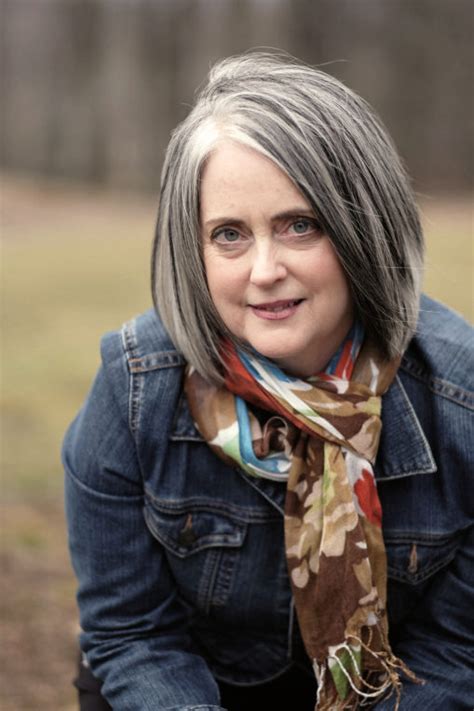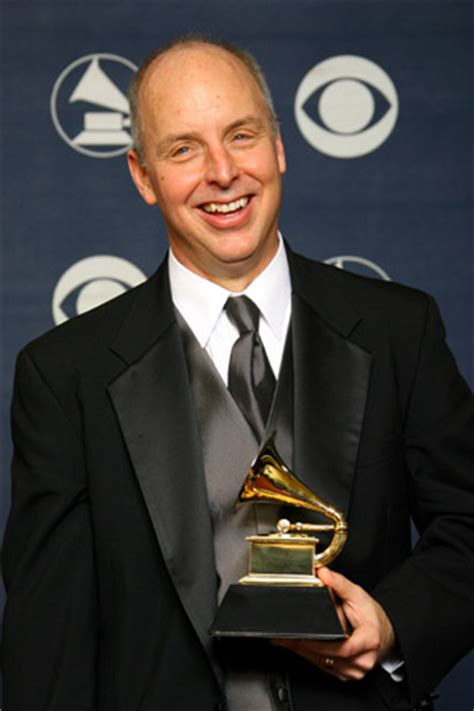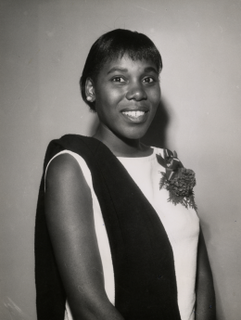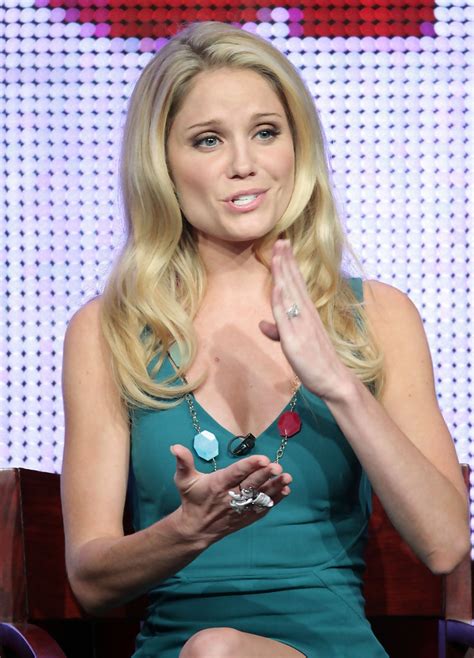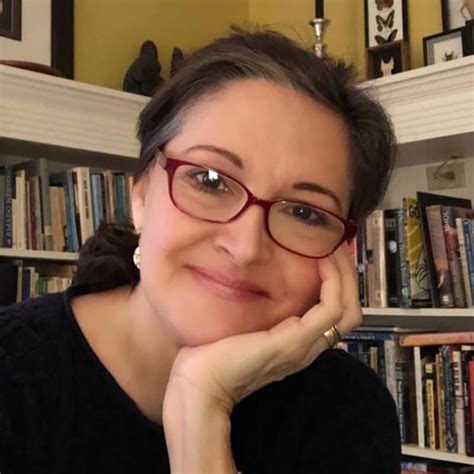A Quote by Chris Cavanaugh
Storytellers, by the very act of telling, communicate a radical learning that changes lives and the world: telling stories is a universally accessible means through which people make meaning.
Related Quotes
It has been said, "History is written by the victors." I take this to mean we can make ourselves victorious by writing, and then rewriting our own stories. In a country and culture so dominated by media, by the manipulation of words and stories, telling the tales of people whose stories historically have not been told is a radical act and I believe an act that can change the world and help rewrite history.
We read novels because we need stories; we crave them; we can’t live without telling them and hearing them. Stories are how we make sense of our lives and of the world. When we’re distressed and go to therapy, our therapist’s job is to help us tell our story. Life doesn’t come with plots; it’s messy and chaotic; life is one damn, inexplicable thing after another. And we can’t have that. We insist on meaning. And so we tell stories so that our lives make sense.
My real purpose in telling middle-school students stories was to practice telling stories. And I practiced on the greatest model of storytelling we've got, which is "The Iliad" and "The Odyssey." I told those stories many, many times. And the way I would justify it to the head teacher if he came in or to any parents who complained was, look, I'm telling these great stories because they're part of our cultural heritage. I did believe that.
So I found myself telling my own stories. It was strange: as I did it I realised how much we get shaped by our stories. It's like the stories of our lives make us the people we are. If someone had no stories, they wouldn't be human, wouldn't exist. And if my stories had been different I wouldn't be the person I am.
I tell the story to you now, but in each telling the story itself changes a little, changes direction, and that in turn changes you and me. So be very careful not only in how you repeat it but in how you remember it, goslings. More often than you realize it, the world is shaped by two things -- stories told and the memories they leave behind.

